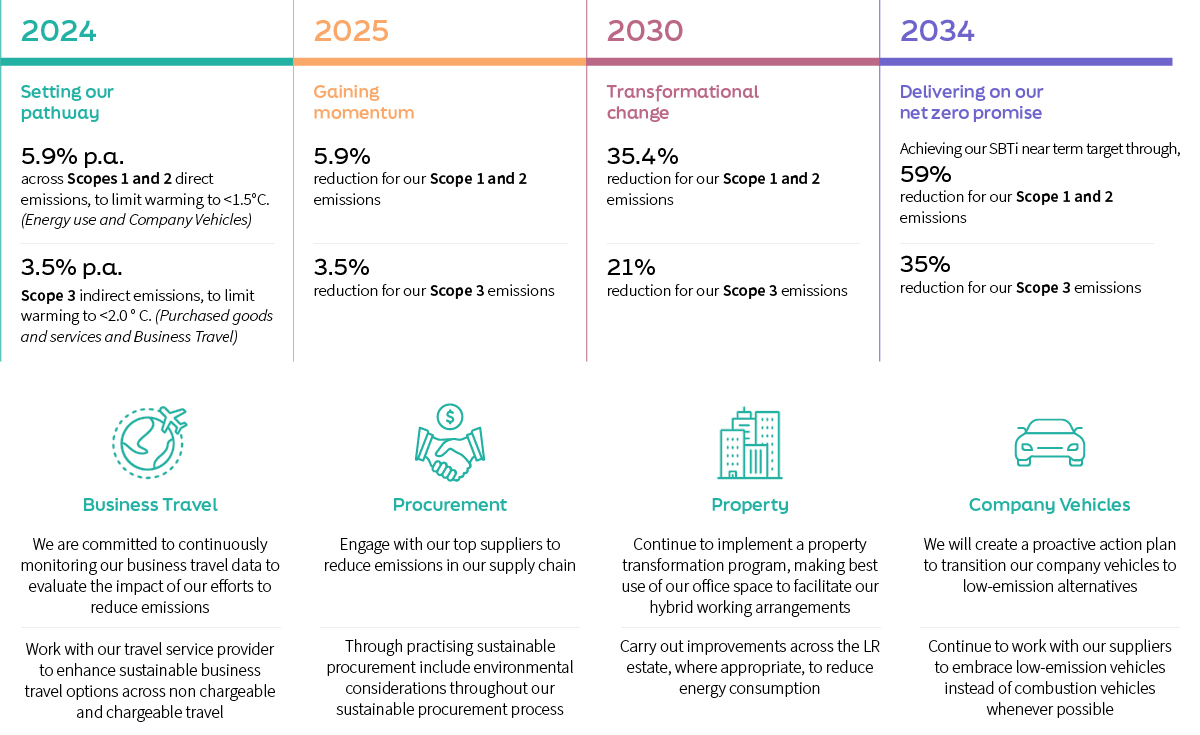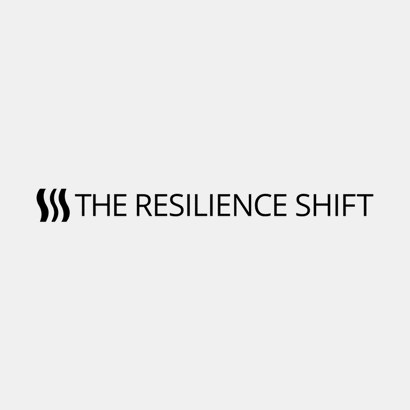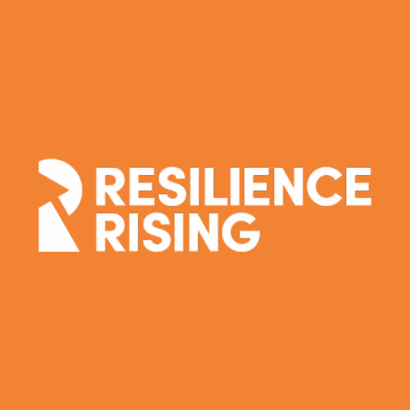- Our activities
- Industry support
We will continuously work towards reducing our carbon emissions through energy efficiency measures, renewable energy adoption, and the use of low-carbon technologies.
In 2021, we signed up to the Science Based Targets Initiative. This initiative drives ambitious climate action in the private sector by enabling organisations to set science-based emissions reduction targets. We have a long and proud heritage of doing the right thing and founding members of the UNGC Action Platform for Sustainable Ocean Business and signatory to the Ten Principles of the UNGC.
We are focusing on high priority areas that will allow us to decrease our GHG emissions further:

Lloyd's Register Foundation initiatives




We are committed to zero emission shipping by 2050 and our goal is to have zero emission vessels entering the fleet in 2030.
This is aligned with the Race To Zero 2030 breakthrough goal of 5% zero emission fuel in international shipping by 2030. We work with real-economy actors to enable them to take near-term action.
We will do this by leading at least two first mover programmes to create green corridors, which are zero emission routes between two or more ports. These will be implemented by the middle of the decade, the first one is the ‘Silk Alliance’, and will provide the assurance of zero emission tonnage. The Silk alliance includes stakeholders across shipping, fuel supply, ports and finance. It is a Green Corridor Cluster. The word cluster is missing. An implementation plan and progress report and open letter was published during COP29.
Our credibility is underpinned by taking climate action on our GHG footprint. We’re committed to an ambitious science-based target that ensures our own decarbonisation journey is aligned to a 1.5°C world and we will bring forward our zero-emissions goal to at least 2040. We know our funding, research and professional services can help lead to a decarbonised shipping sector.
Industry training
We recognise that reskilling and upskilling the workforce is integral to transitioning the industry to a zero-emission value chain of new fuel production and distribution, and building the new infrastructure to support it. Through partnerships we want to ensure a just transition for the workforce – where jobs are safe and decent, and do not propagate existing inequalities or create new ones.
For this reason, we are a funding partner of the Just Transition Maritime Taskforce. It comprises the International Maritime Organization (IMO), the International Chamber of Shipping (ICS), the International Labour Organisation (ILO), the International Transport Workers Federation (ITF) and the UN Global Compact (UNGC), and will lead efforts to ensure that the transition to a decarbonised industry is safe and inclusive.
Lloyd's Register Foundation

The LR Foundation will fund the delivery research that assesses the reskilling and upskilling needed to operate and handle zero-emission ships and fuels without compromising safety. It will also provide actionable recommendations to revise existing international legislation governing training and social standards for seafarers, by COP27.
Foresight Review of Ocean Safety: This review looks at how can we keep our oceans safe and sustainable as the economic activity they support grows.
Engineering X

Alongside the Royal Academy of Engineering, Lloyd’s Register Foundation launched, funded and supports Engineering X, an international collaboration that brings together some of the world’s leading problem-solvers to address the great challenges of our age.
Since launching the initiative in 2019, we’re part of a collaboration with experts to understand and apply practical interventions that will improve safety at the end of engineered life. From training to improve worker safety in ship recycling facilities in Bangladesh, to assessing the risks of structural failure of decommissioned offshore structures, the projects will tackle priority global safety issues.






